Designer Felicia Ferrone raises the glass for Mortlach whisky
Mortlach’s ‘Cowie’ glassware by Felicia Ferrone is designed to intensify the whisky-tasting experience
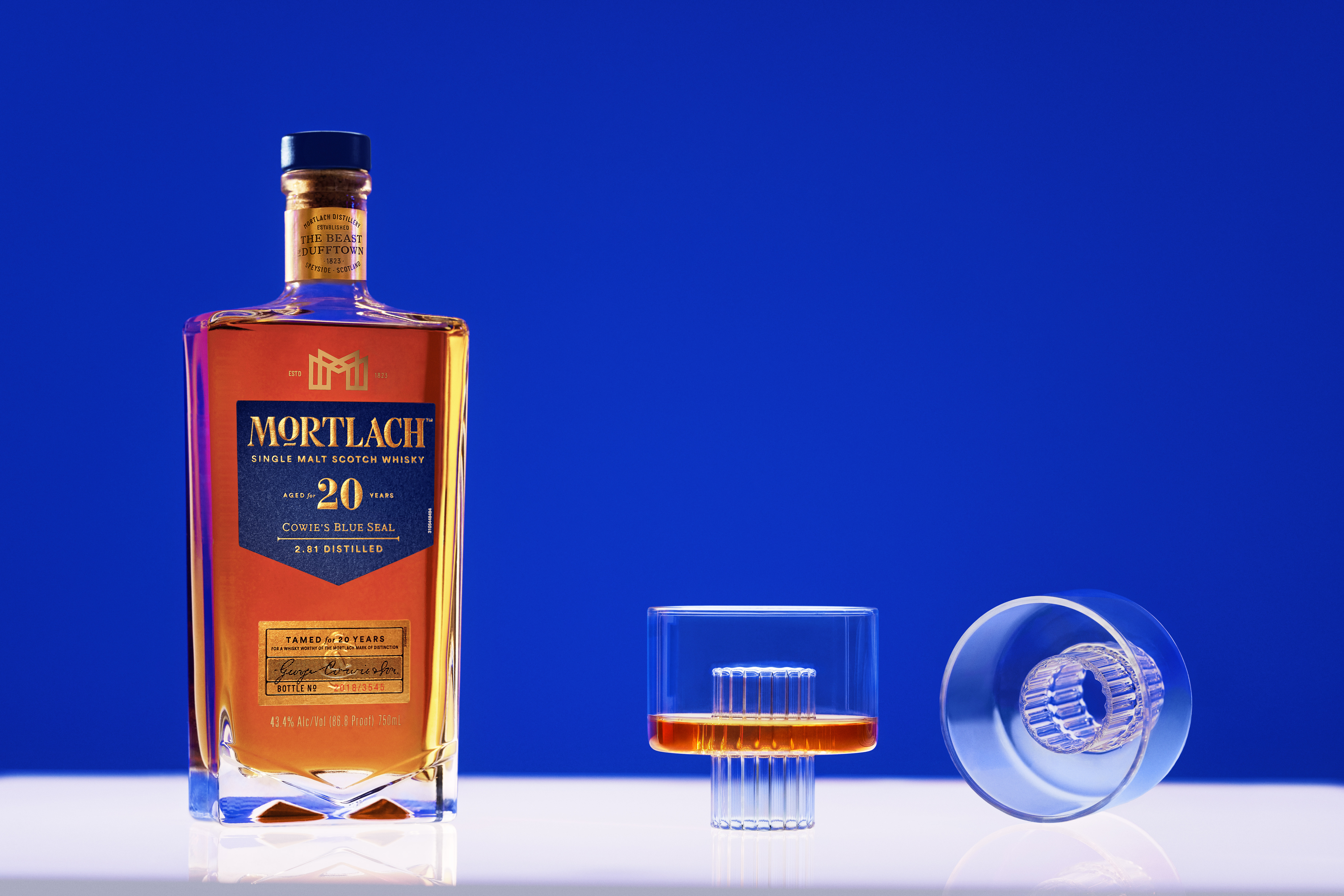
In partnership with Mortlach
A spirit of audacity pervades the complex curves of designer Felicia Ferrone’s new ‘Cowie’ glassware range for Mortlach, the Scotch whisky maker based in Dufftown, Moray. Inspired by the ‘audacious’ nature of Mortlach’s Single Malt Scotch Whisky, Ferrone, founder of the US- and Italy-based brand Fferrone, brought a sense of boldness and surprise into her design. ‘Cowie’ glassware pushes the envelope of expectation to the same levels of fearlessness as the Mortlach whisky that it holds.

Designer Felicia Ferrone
Named after George and Alexander Cowie, the 19th-century father and son owners of Dufftown’s first distillery and originators of the unique process that produces Mortlach whisky’s robust spirit, the glassware lives up to the family’s indefatigability and verve.
‘Glassware, upon first thought, is quite simple,’ says Ferrone. ‘I needed “Cowie” to be anything but. I strived for the bold, courageous and outside-the-box. With this in mind, I designed these glasses to be unlike anything else, to have a single, dedicated use: for tasting Mortlach. I wanted them to match the intricacy of Mortlach and reflect the high level of craftsmanship that goes into the spirit’s distillation process. I continuously challenged myself as I iterated through various designs of the glassware to push the final product to truly embody what it means to be audacious.’
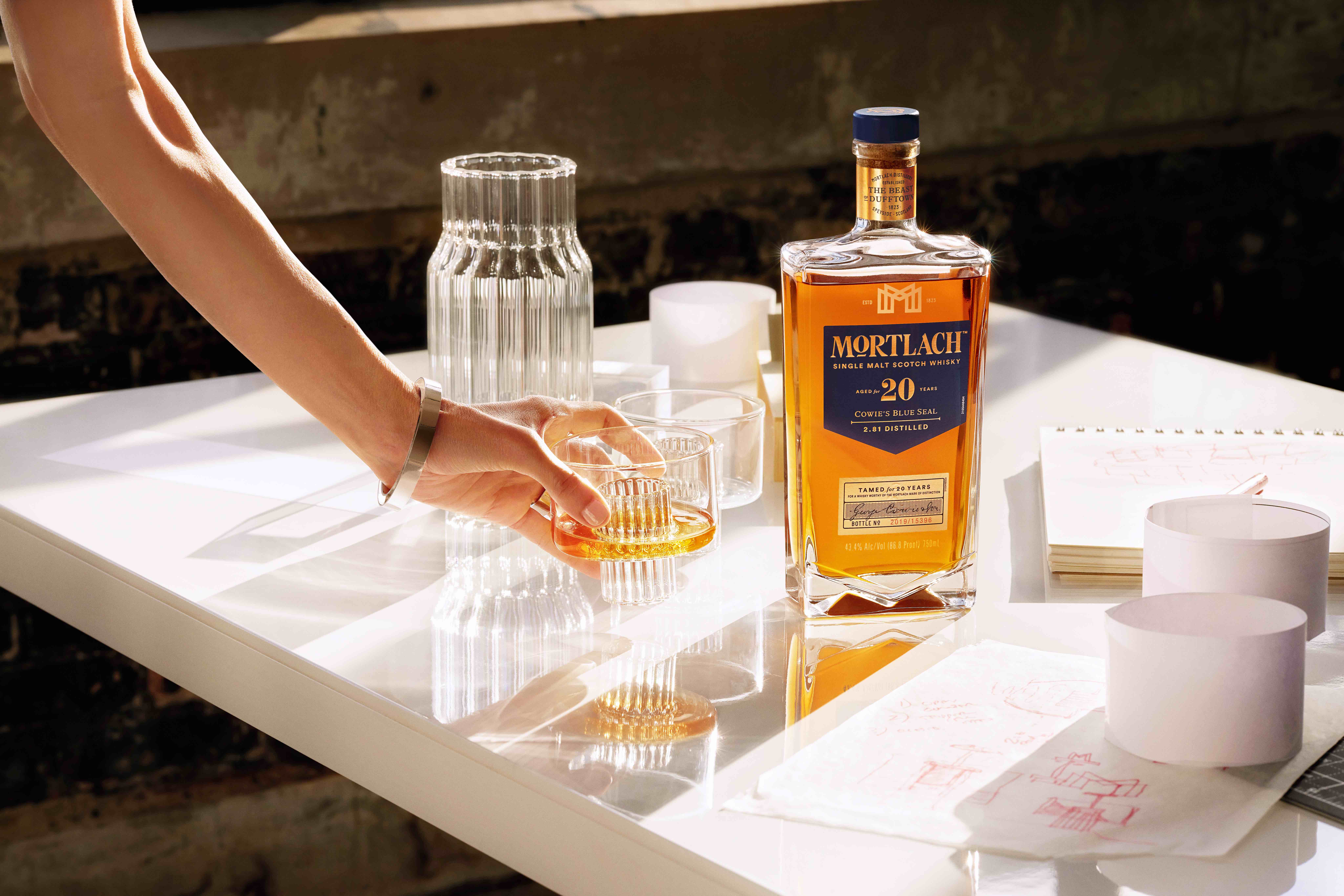
The glassware had to be unique, but functional, protecting the Mortlach Single Malt from changing temperature due to hand-transferred body heat. ‘I chose an adventurous route, creating a void straight through the middle,’ explains Ferrone. The challenge was working out how the liquid would stay inside the glass when tipped and not pour through the centre void. The design also had to facilitate easy sipping without the central stem interfering with the tasting process.
The ‘Cowie’ glass holds a standard 1.5 ounce neat pour, its wider form allowing a fuller olfactory appreciation of the Mortlach Single Malt even before you taste it, and allowing notes of citrus, cocoa nibs, vanilla, and spice to swirl forth. The texture of the central, open stem’s interior is scalloped to highlight Mortlach’s unique tonal play, ‘creating a glowing effect when the spirit is in the glass’, says Ferrone.
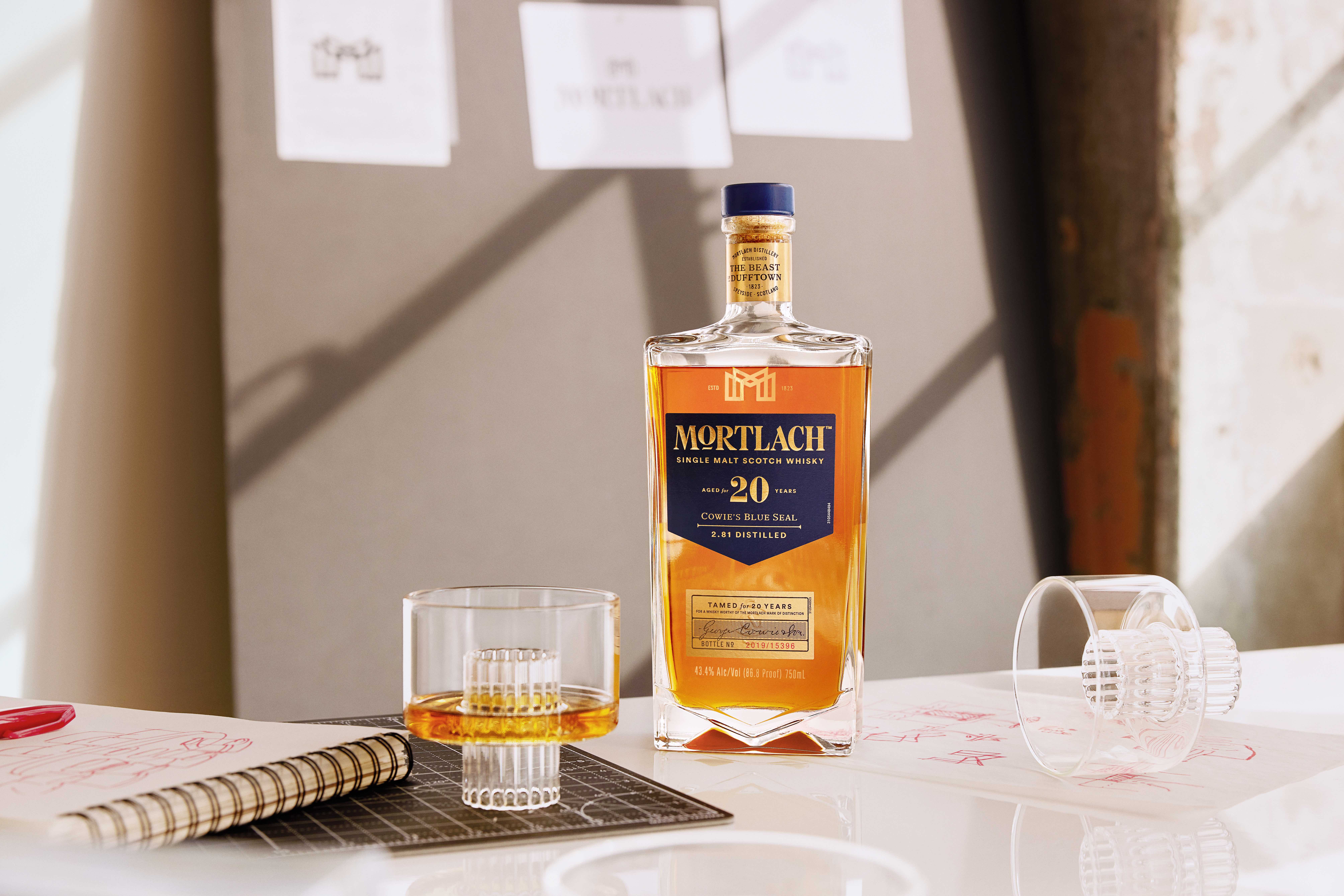
The designer insisted that each glass be intricately handmade, without a mould, by master craftspeople in the Czech Republic, using a specialist process not unlike the distilling at Mortlach’s Dufftown HQ; each step is carefully executed and considered to create the highest quality final product.
Making the intersection between the glass’s two volumes – the ring shape where the whisky is poured and the central, inner void in the body of the glass – perfectly align and come together while both shapes are in a molten state, is a technical challenge requiring extraordinary precision and artistry.
Honouring the eye of the designer, the skill of the glassware experts and the audacious spirit of the Mortlach founders, the ‘Cowie’ glass was created to surprise and delight. It makes for an intense and intimate taste experience, for Mortlach whisky only.
Wallpaper* Newsletter
Receive our daily digest of inspiration, escapism and design stories from around the world direct to your inbox.
-
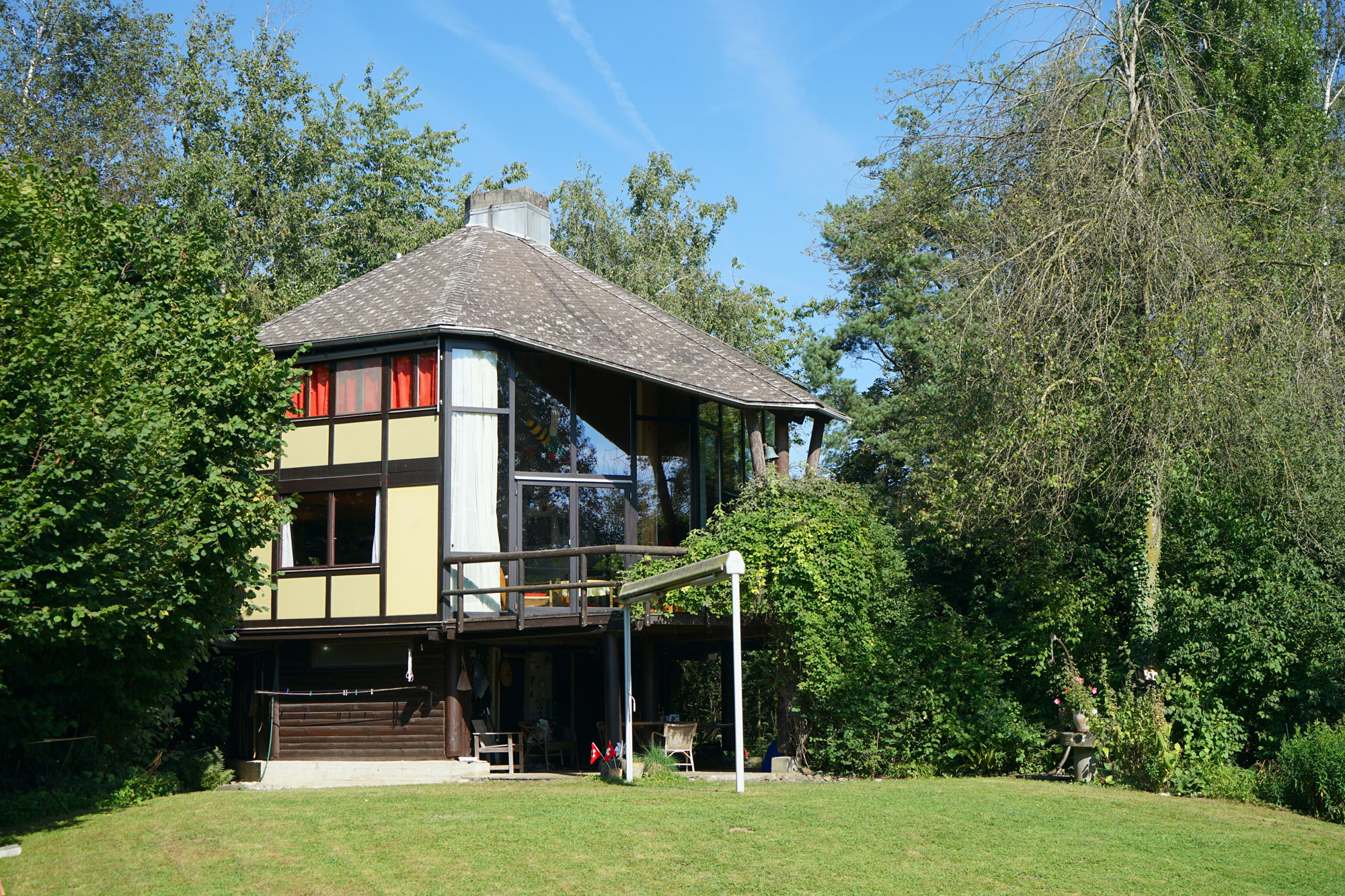 Meet Lisbeth Sachs, the lesser known Swiss modernist architect
Meet Lisbeth Sachs, the lesser known Swiss modernist architectPioneering Lisbeth Sachs is the Swiss architect behind the inspiration for creative collective Annexe’s reimagining of the Swiss pavilion for the Venice Architecture Biennale 2025
By Adam Štěch
-
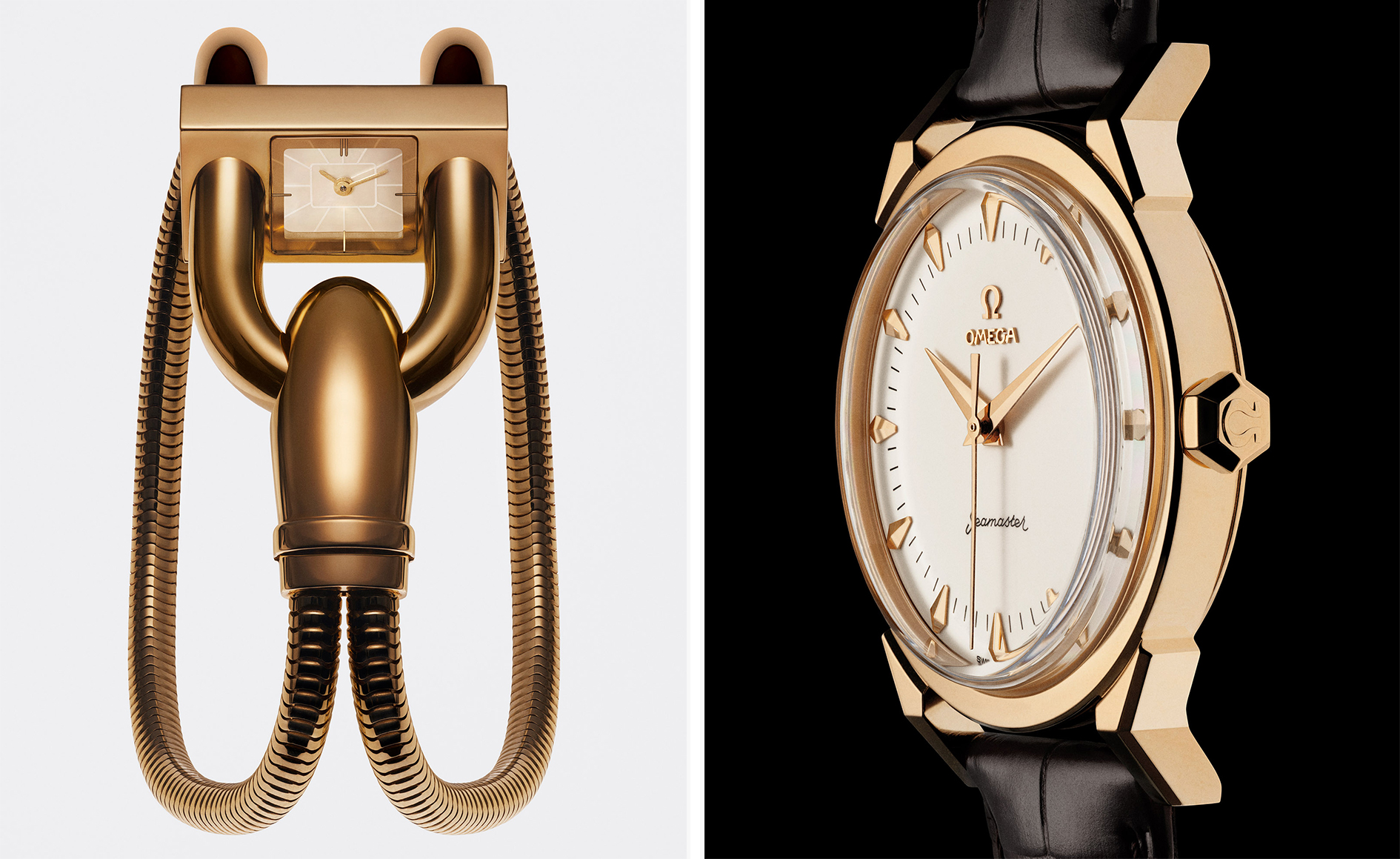 A stripped-back elegance defines these timeless watch designs
A stripped-back elegance defines these timeless watch designsWatches from Cartier, Van Cleef & Arpels, Rolex and more speak to universal design codes
By Hannah Silver
-
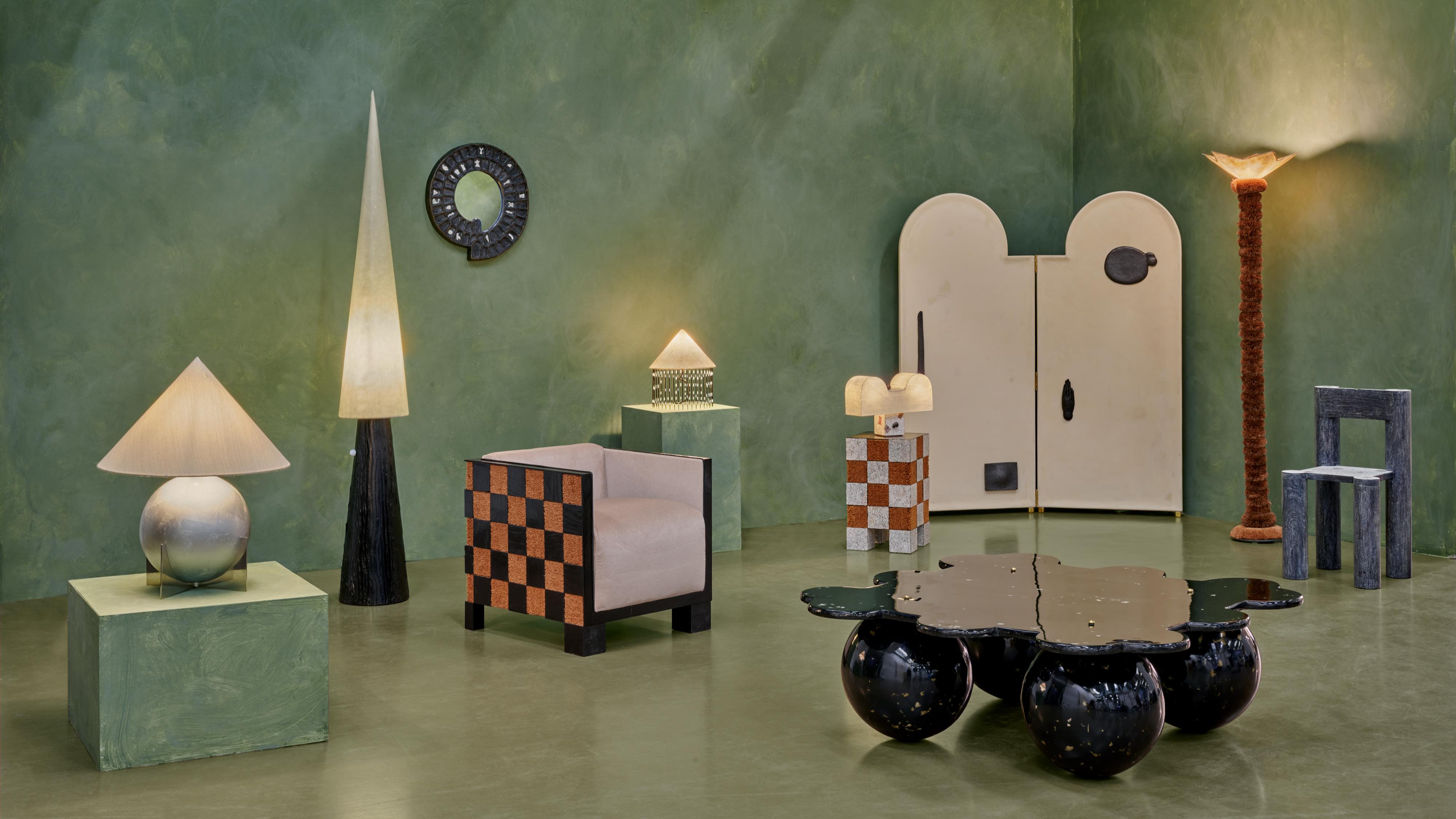 Postcard from Brussels: a maverick design scene has taken root in the Belgian capital
Postcard from Brussels: a maverick design scene has taken root in the Belgian capitalBrussels has emerged as one of the best places for creatives to live, operate and even sell. Wallpaper* paid a visit during the annual Collectible fair to see how it's coming into its own
By Adrian Madlener